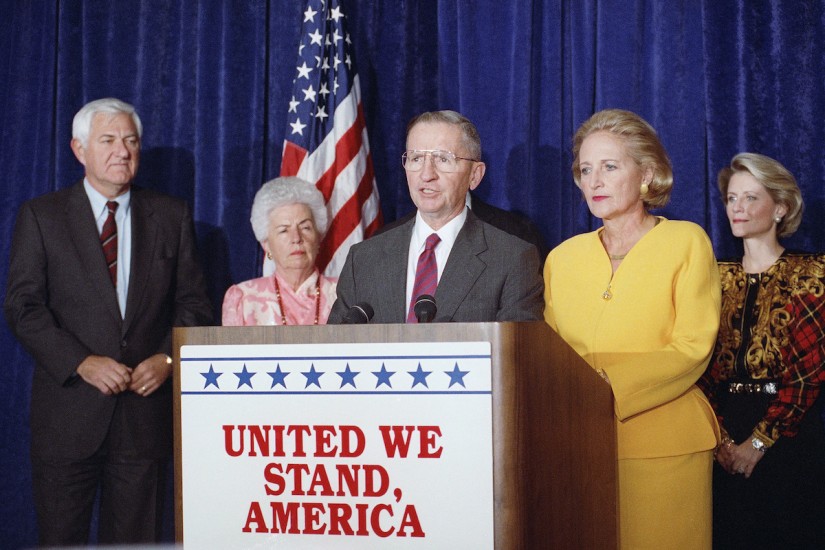The phenomenon has become very real in the past few years. While Ross Perot was considered a curiosity when he ran as an independent in 1992 and 1996, brand-name business figures no longer seem unusual in presidential politics. In this election cycle alone, Schultz, Michael Bloomberg, Oprah Winfrey, Tom Steyer, Mark Zuckerberg and Mark Cuban have all been floated as potential challengers to Trump. Name recognition, an apparent record of success in business and personal resources were enough for Trump, these candidates seem to say, so why wouldn’t it be enough for them? Trump spent $66.1 million of his own money on his 2016 campaign. For billionaires with a bigger bottom line and a larger sense of themselves, such a price seems a bargain too good to ignore.
But while we only now have a plague of big-ego billionaires in politics, the conditions that gave rise to the trend date back to the 1970s. In the aftermath of Vietnam and Watergate, many voters soured on “experienced” politicians who had betrayed their trust. Liberal Democrats felt President Lyndon B. Johnson had done them wrong when he channeled his political capital away from domestic reform and into a disastrous war in Vietnam. Republicans were likewise devastated when they learned about the ugly underbelly of presidential power as a result of Watergate.
During the next four decades, the “outsider” became the most sought-after identity for presidential candidates. Georgia Gov. Jimmy Carter led the way in 1976 when he made his weak ties to Washington a claim to fame. As his opponents in the Democratic primary boasted of their decades of experience in Washington, and President Gerald Ford campaigned from the Rose Garden, Carter boasted to voters that he was one of them. With Carter’s victory, the message was clear: Being an outsider was in.
Originally, the outsider label was used to burnish the candidacies of leaders who, like Carter, had led governments at the state level: California’s Ronald Reagan, Arkansas’ Bill Clinton, Texas’s George W. Bush. But in recent decades, when even state-level leaders seem tainted by politics as usual, the outsider status has been embraced by those who are truly outside politics, like former pro wrestler Jesse Ventura or film star Arnold Schwarzenegger, who both won races for governor. In a conservative era that celebrates the virtues of free markets and private enterprise, who could be a better outsider than the business executive turned candidate?
